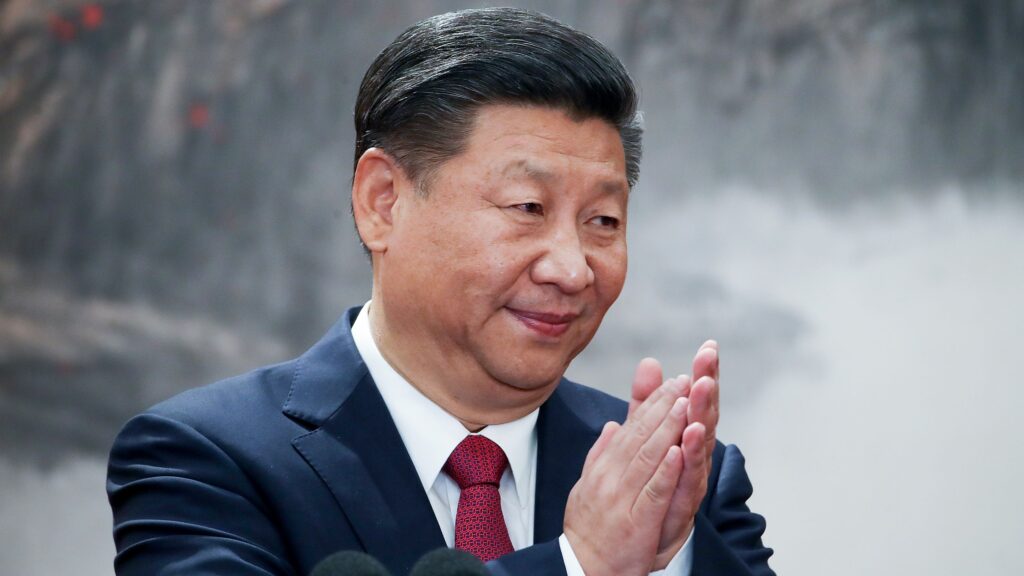Chinese President Xi Jinping has called for unity and development during a rare visit to Tibet, his second since assuming office, as Beijing marked 60 years since the establishment of the Tibet Autonomous Region. Addressing a crowd of 20,000 in Lhasa, Xi praised local authorities for what he described as a “thorough struggle against separatism,” underscoring China’s long-standing position on Tibetan resistance to its rule.
Xi, 72, highlighted the Chinese Communist Party’s (CCP) priorities for Tibet, framing them as four key tasks: ensuring stability, promoting development, protecting the environment, and strengthening borders. He also emphasized the need for political stability, ethnic unity, and “guiding Tibetan Buddhism to adapt to socialist society.” His remarks notably excluded any reference to the Dalai Lama, the exiled spiritual leader living in India since 1959.
The visit comes just months after the Dalai Lama reaffirmed that his office not Beijing would determine his successor, reigniting tensions over Tibet’s spiritual and political future. While the Dalai Lama has consistently advocated for a “middle way” of genuine autonomy within China, Beijing continues to brand him a separatist.
Human rights groups argue that Tibet’s cultural and religious identity is being eroded under CCP policies, pointing to restrictions on monastic life and education reforms requiring Tibetan children to study in Mandarin at state-run schools. In contrast, Beijing insists its governance has lifted living standards, improved infrastructure, and safeguarded freedoms.
Xi’s trip also highlighted major economic ambitions, including the Motuo Hydropower Station set to become the world’s largest dam. The $167 billion project promises vast renewable energy but has raised concerns in India and Bangladesh over potential Chinese control of the Yarlung Tsangpo river, which flows into their territories as the Brahmaputra and Jamuna.
For Beijing, Tibet remains a strategic frontier region, vital to its border security and regional influence. Xi’s high-profile visit, splashed across state media with images of cheering crowds and traditional dances, signals the CCP’s determination to cement its authority in the plateau. Yet beneath the orchestrated celebrations, questions linger over Tibet’s cultural future and the geopolitical ripples of China’s growing presence there

